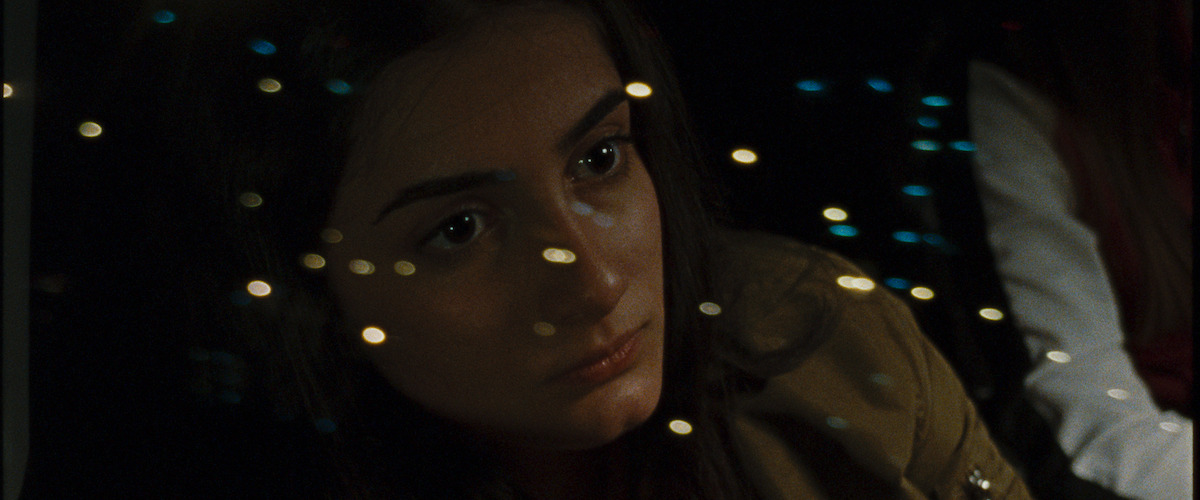
Now streaming on:
The world looks unbelievably small in the moody Italian drama “A Chiara,” a character study about a 15-year-old Calabrian who discovers that her father is a wanted criminal. In this movie, the streets of Gioia Tauro look pre-shrunk since they belong primarily to Chiara (Swamy Rotolo), who searches for and struggles to bond with her elusive father Claudio (Claudio Rotolo).
Unfortunately, reading about the creative process that informed this movie’s focus on Chiara and her subjective experiences tends to be more interesting than watching “A Chiara.” Writer/director Jonas Carpignano (“A Ciambra,” “Mediterranea”) worked with members of the Rotolo family, all of whom reside in Gioia Tauro, and only selectively informed the family’s members of what they were to do or what would happen in any given scene. That approach ostensibly allows these talented non-professional actors to respond as naturally as possible; the Rotolos only get to convey so much to us given the movie’s semi-improvised scenario.
We learn some basic things about Chiara, Claudio, and their Calabrian home from a few early scenes. Some family members don’t like that Chiara vapes, because she’s a young woman. She testily points out the sexist double standard inherent in that logic, but that conversation doesn’t go far. A mysterious gang of men have just appeared up the street, so Chiara’s relatives must stop what they’re doing and meet them.
There are other portentous signs of danger to come, including an unexpected car bomb. Claudio also refuses to toast his eldest daughter Giulia (Grecia Rotolo) at her birthday party because he’s too emotional. His extensive protests wind up becoming the focus of this scene—“I don’t need to say it out loud”—since, as Giulia says, people are expecting a speech from him. The built-in ambiguities of these early scenes are fairly rote, but they’re also characteristic of a movie whose soft impressionistic focus tends to smother any observable human behavior on-screen.
Soon Chiara learns, through TV news reports, that her father’s a wanted man. First Claudio goes missing, then Chiara discovers the entrance to a hidden bunker. Chiara’s frustrated attempts at learning more about her dad takes up most of the movie’s focus, like when she stumbles upon a member of the Roma community, who tells Chiara that Claudio is a well-known figure called “U Picciu” (or “The Boy”). Chiara also tries to get more information about Claudio from her cousin Antonio (Antonio Rotolo), but he—and her mom Carmela (Carmela Fumo), and her sister Giorgia (Giorgia Rotolo)—refuse to talk about Claudio. An oppressive conspiracy seems to have formed around the subject, but it’s hard to know what it means, if anything.
The mundane details that make up this movie’s slice-of-life narrative often seem like short-hand. Chiara goes to the gym, enjoys drinking with her friends, cuts classes, and gets caught. In this way, it's suggested that she's halfway in her comfort zone and halfway on her way towards a young adulthood suggested by her father’s mysterious mafia-related identity. “It’s not what you think” she’s repeatedly told—and not just by Claudio—though who can say what Chiara’s thinking. I don’t really know how normal these activities are for Chiara, all I know is that they're a part of her life.
Likewise, filming the streets of Gioia Tauro with soft camera focuses—and hyper-constricting handheld camerawork, real-time long takes, and naturalistic lighting—doesn’t necessarily communicate anything beyond letting us know that Chiara is caught in a present moment that looks uncertain.
You can see the best and the worst of “A Chiara” in a later scene where Antonio and Chiara run into a police roadblock while in his car. A dull roar builds on the soundtrack—as if we're inside an airplane's pressurized cabin—and blue lights from the nearby Carbinieri’s cars flicker and overwhelm rather than enhance her face’s expression. The cars’ lights only give us the illusion of depth, just like the silences that punctuate Antonio's one-sided time-killer of a conversation (did you know Raphael was from Urbino?).
This scene isn’t about what’s directly expressed by its two main characters, but rather the disconnect between what Antonio feels must be done to protect Chiara, and how stuck she feels despite his concern. But instead of enhancing our understanding of that complicated power dynamic, this scene’s flashy presentation only adds dramatic pressure to an already tense moment. That kind of pressure isn’t necessarily meaningful, just intense.
Carpignano’s impressionistic plot and pseudo-naturalistic style also tends to boil down human emotions so as to only suggest rather than reveal complexity. The limiting style and characterizations in "A Chiara" are only so thoughtful.
Now playing in theaters.
Simon Abrams is a native New Yorker and freelance film critic whose work has been featured in The New York Times, Vanity Fair, The Village Voice, and elsewhere.

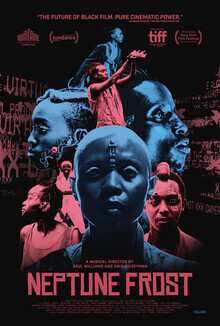
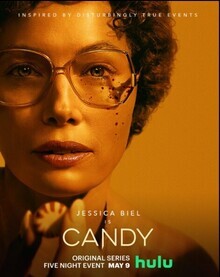
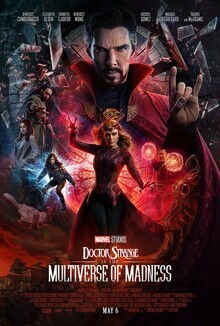

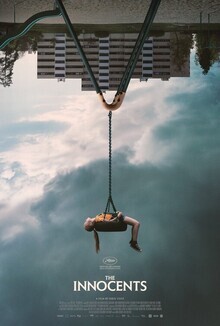
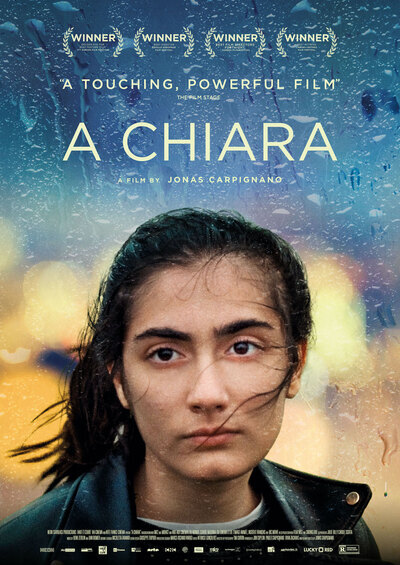
121 minutes
Swamy Rotolo as Chiara
Claudio Rotolo as Claudio
Grecia Rotolo as Giulia
Antonio Rotolo as Antonio
Carmela Fumo as Carmela
Giorgia Rotolo as Giorgia
Vincenzo Rotolo as Enzo
Antonina Fumo as Nina
Salvatore Rotolo as Salvatore
Giusy D'Uscio as Giusy
Pio Amato as Pio